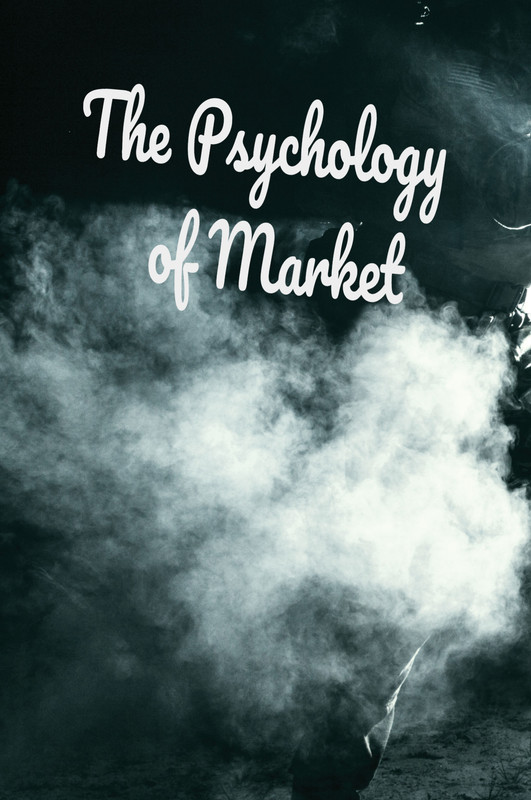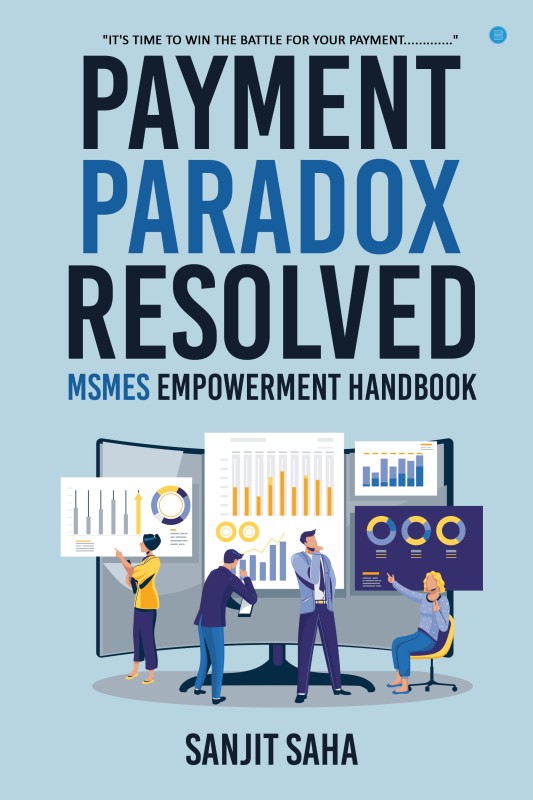The Psycology of Maket
by Pratik puri | 08-Nov-2023
(0)
Psychology of the market refers to the complex interplay of human emotions, behaviors, and cognitive biases that influence financial decision-making and drive market trends. Understanding the psychology of the market is crucial for investors, trad...
Original
Books
Fastest
Delivery
7-day
Replacement
Book Details
- Language : English
- Pages : 44
- ISBN : 9789358194487
- Genre: NON-FICTION
- Size : 6" x 9"
- Binding Type : PAPERBACK
- Age Group: + Years
- Paper Type : WHITE PAPER
- Interior : BLACK & WHITE
- Cover : GLOSS FINISH
- Book Type : PAPERBACK
- Tags : The Psycology of Maket
-
Best Sellers Rank :
#1915 in Non - Fiction
#7504 in Global
Reviews
There are no reviews for this product yet.

 USD
($)
USD
($) AUD
($)
AUD
($) CAD
($)
CAD
($) EUR
(€)
EUR
(€) HKD
($)
HKD
($) MYR
(RM)
MYR
(RM) GBP
(£)
GBP
(£) SGD
($)
SGD
($)








